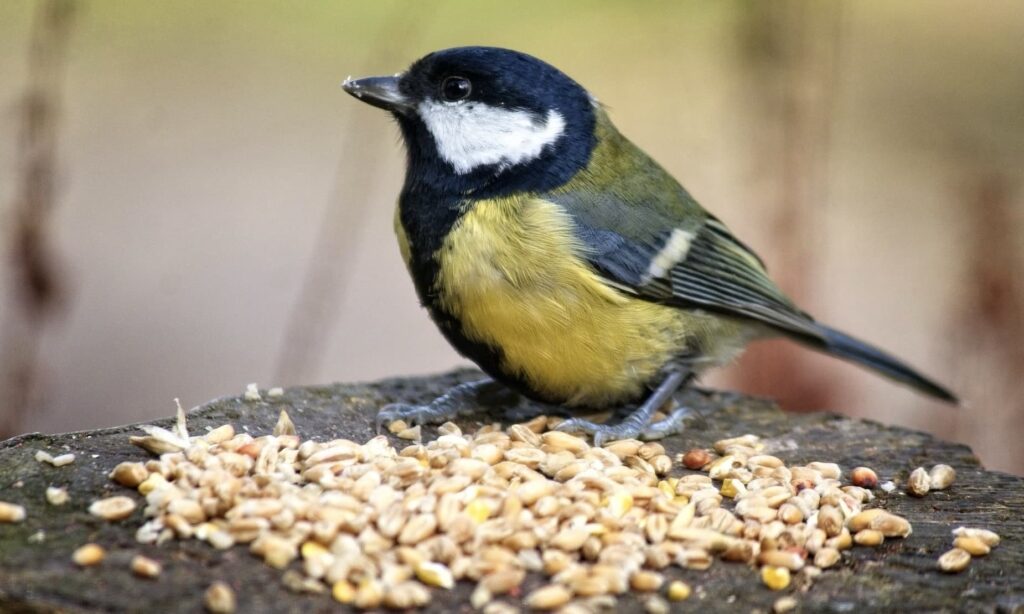When I first brought my parrot, Kiwi, home, I followed the pet store’s advice to the letter. I bought a bag of colorful seed mix, filled his bowl every morning, and thought I was doing everything right. Kiwi seemed happy enough—until he started plucking his feathers. I panicked, assuming he was bored or stressed, and tried everything: new toys, more attention, even a bigger cage. Nothing worked. It wasn’t until I took him to an avian vet that I realized the problem wasn’t his environment—it was his diet.
Turns out, an all-seed diet is like feeding a child nothing but candy. It’s easy, it’s tasty, but it’s far from nutritious. Kiwi was missing out on essential vitamins and minerals, which was causing his feather-plucking and leaving him vulnerable to health issues. The vet recommended switching to a high-quality pellet diet, supplemented with fresh fruits, vegetables, and occasional seeds as treats. I was skeptical—Kiwi had never shown interest in anything but seeds—but I was desperate to help him.
The transition wasn’t easy. Kiwi turned his beak up at the pellets at first, and I spent weeks offering tiny bits of apple, carrot, and leafy greens, celebrating every small bite he took. Slowly but surely, he began to eat his new diet. Within months, his feathers grew back, his energy levels soared, and his overall demeanor improved. I was amazed at how much of a difference proper nutrition made—not just in his physical health, but in his mood and behavior.
Looking back, I wish I’d known sooner how important diet is for birds. It’s not just about keeping them alive; it’s about helping them thrive. If you have a feathered friend, do your research, talk to a vet, and don’t be afraid to make changes. Your bird might resist at first, but the long-term benefits are worth it. Kiwi’s transformation was a wake-up call for me, and now I’m passionate about spreading the word: a healthy diet is the foundation of a happy, vibrant pet.

